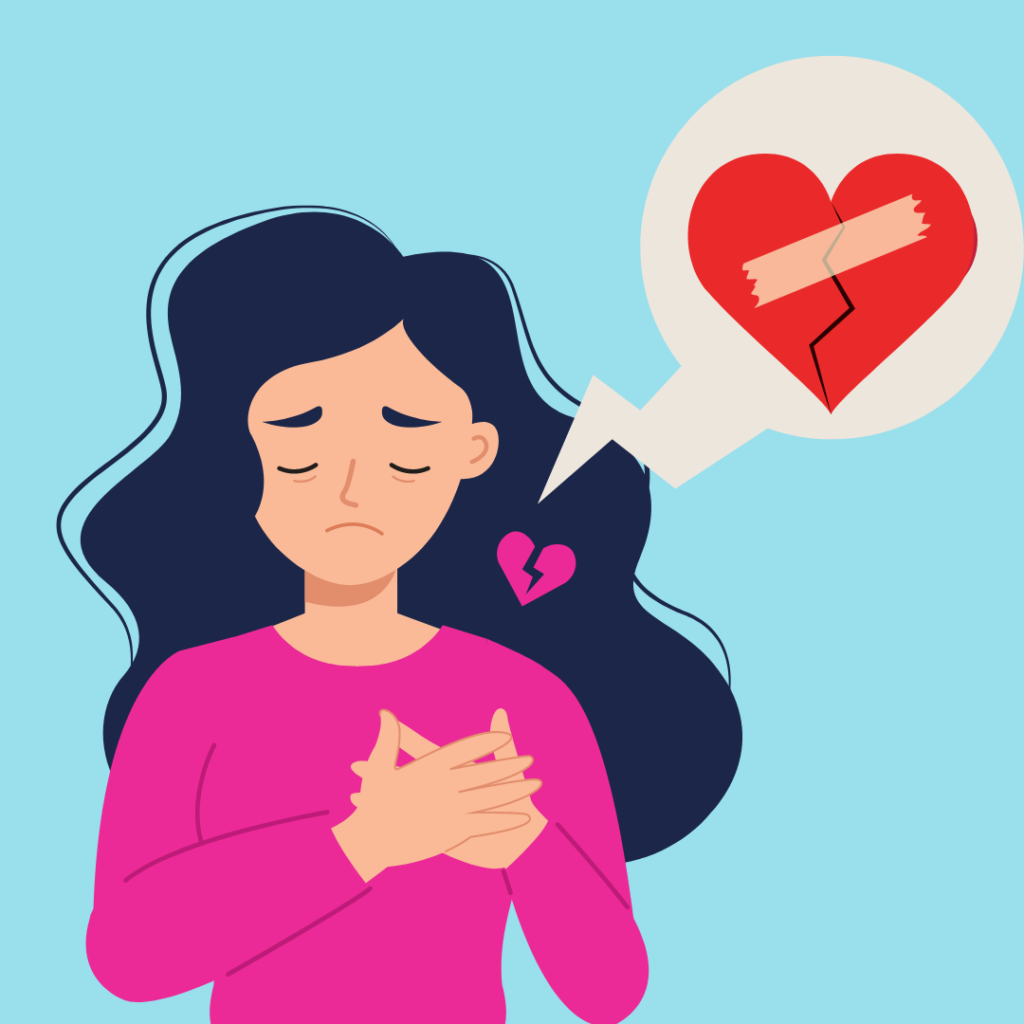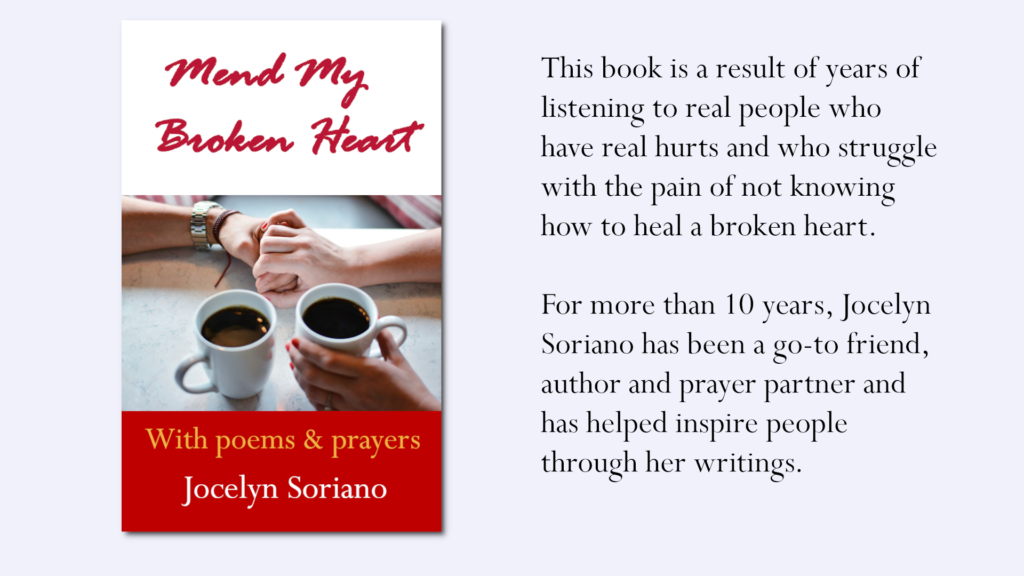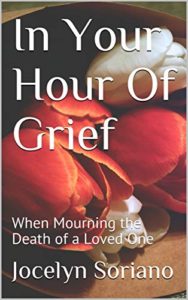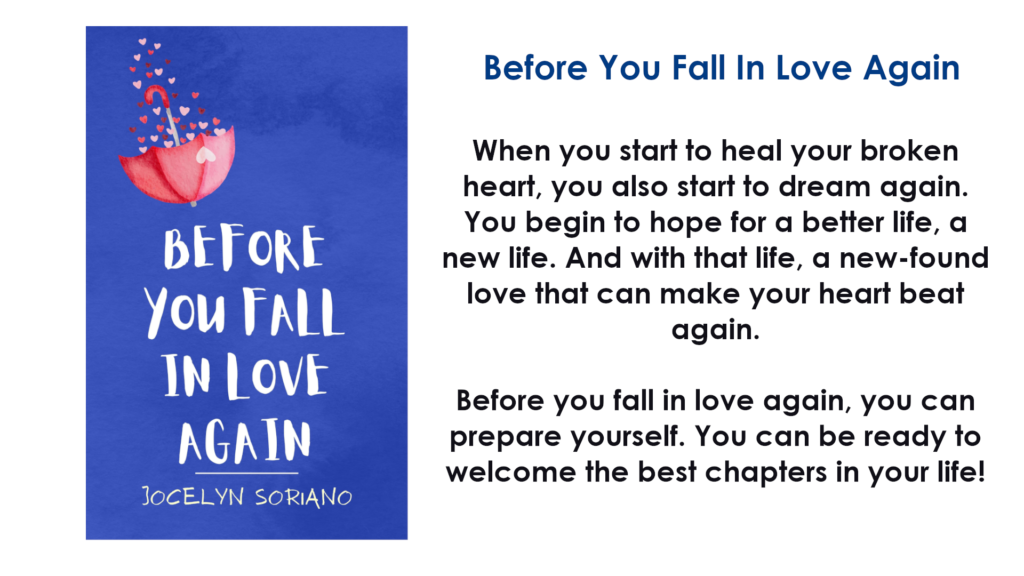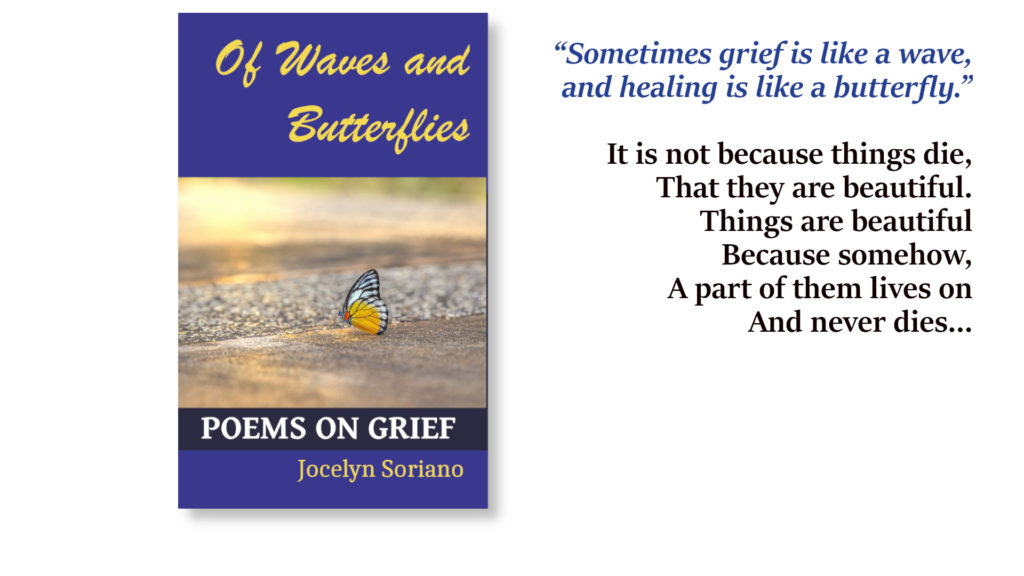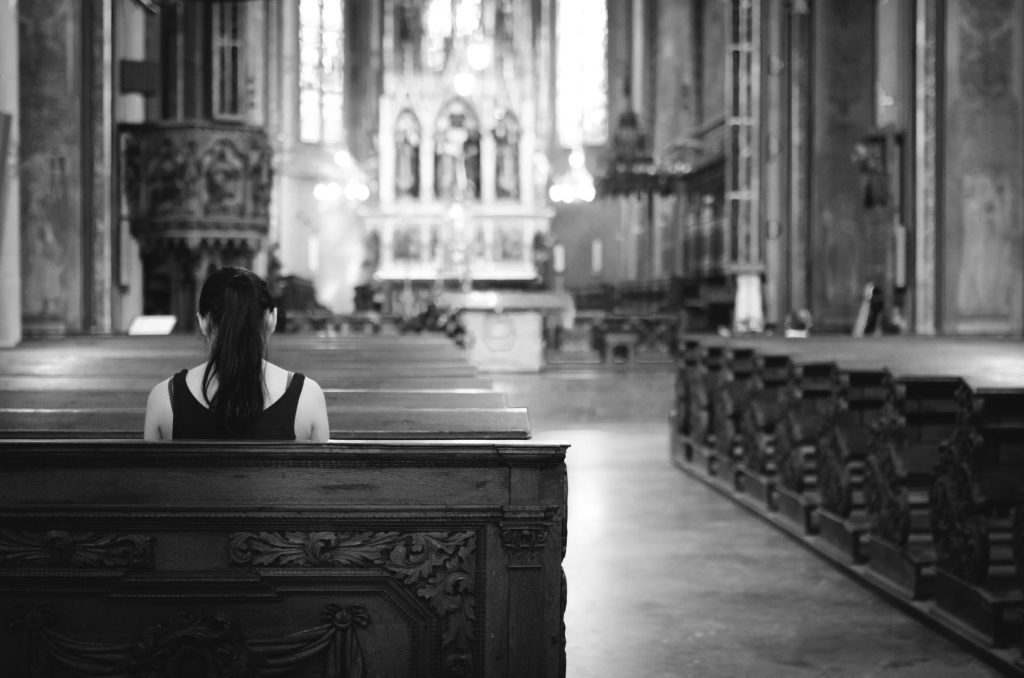
First of all, I would like to say I’m Catholic. That said, I abide by the dogmas of the Catholic Church. However, I believe that the Church can make some improvements when it comes to the application of its teachings.
The Catholic Church had always been driven by its teachings on God’s mercy and compassion. These are two words that should have made it easier for almost everyone to come. Two words that should have made people feel welcomed instead of being driven away.
But why is it that many people feel afraid of approaching the Church? Why is it that instead of feeling understood, people feel that they are being judged and cast away?
When I think about these things, I can’t help but think about that one word that may be driving away so many LGBTQ people: disordered.
To understand it better, here is what the Catechism of the Catholic Church says about homosexuality:
Chastity and homosexuality
Homosexuality refers to relations between men or between women who experience an exclusive or predominant sexual attraction toward persons of the same sex. It has taken a great variety of forms through the centuries and in different cultures. Its psychological genesis remains largely unexplained. Basing itself on Sacred Scripture, which presents homosexual acts as acts of grave depravity, tradition has always declared that “homosexual acts are intrinsically disordered.” They are contrary to the natural law. They close the sexual act to the gift of life. They do not proceed from a genuine affective and sexual complementarity. Under no circumstances can they be approved. (CCC 2357)
While the Catechism has explicitly said that only “homosexual acts” are deemed disordered, people concerned may have a difficult time trying to distinguish between their identity and the acts associated with who they are. For these people, what they hear is almost the same as “you are disordered” and “there is something wrong about you.” And it’s never easy to accept that.
If there is something wrong with you, and you are considered “disordered”, how do you even begin to live your life? How do you approach the people who think that you can never be “right” or “good enough”?
While the Church has all the good intentions in warning people about a sinful lifestyle, it has failed in expressing true compassion by its failure to address the deepest needs of people with homosexual tendencies.
Other than saying that they have “disordered” tendencies and reminding them of the “generic” call to chastity and holiness, the Church has lacked a deeper sense of appreciation for these people’s unique purpose and value in life.
“Homosexual persons are called to chastity. By the virtues of self-mastery that teach them inner freedom, at times by the support of disinterested friendship, by prayer and sacramental grace, they can and should gradually and resolutely approach Christian perfection.” (CCC 2359)
If they are not called to marriage or to religious life, where are they being called? What wrong have they done to possess these homosexual tendencies?
The Catechism itself admits, “Its psychological genesis remains largely unexplained.” (CCC 2357)
I remember the question of one of Jesus’s disciples about a man born blind.
“Rabbi, who sinned, this man or his parents, that he was born blind?” Jesus answered, “Neither this man nor his parents sinned; he was born blind so that God’s works might be revealed in him.” – John 9:2-3, NRSVCE
If we are ever to tag someone as having “disordered” tendencies, can we also do what Jesus has done? Can we say that this has come upon them so that God’s works might be revealed in them?
It isn’t enough to point out the many ways by which a person must restrain himself to keep him away from sin. We must also point out the ways by which one can live a full and meaningful life within the grace of God.
The word “disordered” should be put in its proper place. If there is some kind of weakness or vulnerability, then there must also be an occasion where God’s power and glory can be better shown.
“Therefore, to keep me from being too elated, a thorn was given me in the flesh, a messenger of Satan to torment me, to keep me from being too elated. Three times I appealed to the Lord about this, that it would leave me, but he said to me, ‘My grace is sufficient for you, for power is made perfect in weakness.’ So, I will boast all the more gladly of my weaknesses, so that the power of Christ may dwell in me. Therefore I am content with weaknesses, insults, hardships, persecutions, and calamities for the sake of Christ; for whenever I am weak, then I am strong.” – 2 Corinthians 12:7-10, NRSVCE
Many LGBTQ people are lost not because they hate to live chaste lives. They are lost because they don’t know the place they can occupy within the Catholic Church. This is almost the same as the experience of so many lay single people.
Single people are neither married nor religious and feel lost for their roles within the Church. Many times, it almost seems like they’re invisible, unheard and unappreciated. Must they be called to marriage or to religious life before they can be seen as people with unique and vital roles to play with the rest of God’s people?
This is the short excerpt from the Catechism about single people:
“We must also remember the great number of single persons who, because of the particular circumstances in which they have to live – often not of their choosing – are especially close to Jesus’ heart and therefore deserve the special affection and active solicitude of the Church, especially of pastors. Many remain without a human family often due to conditions of poverty. Some live their situation in the spirit of the Beatitudes, serving God and neighbor in exemplary fashion. the doors of homes, the ‘domestic churches,’ and of the great family which is the Church must be open to all of them. ‘No one is without a family in this world: the Church is a home and family for everyone, especially those who ‘labor and are heavy laden.'” (CCC 1658)
While the Church says that it should be a home and a family for everyone, many people may not feel the same way. Are they only to be taken in because others are being “charitable”? Do they not have anything special to offer also to the world?
No one wants to be loved in a generic way. One yearns to be loved in the most intimate way possible. To be known and appreciated, to be valued and cared for as a human being with dignity and God-given gifts.
Perhaps the Church can welcome more people if it can reach the hearts of these people by giving them a clearer sense of who they are in God’s eyes. Perhaps it is not too much to ask that the unique path of other people be better explained and appreciated. While not similar to those who enter the married or religious life, other people may be made to realize their own special place within the heart of God.
